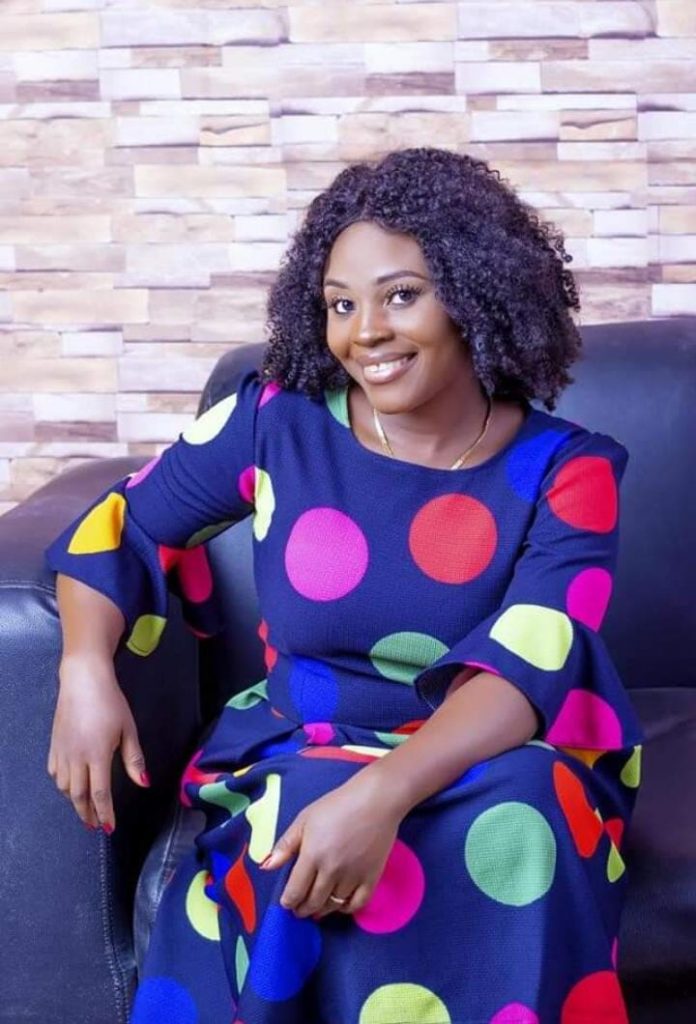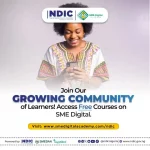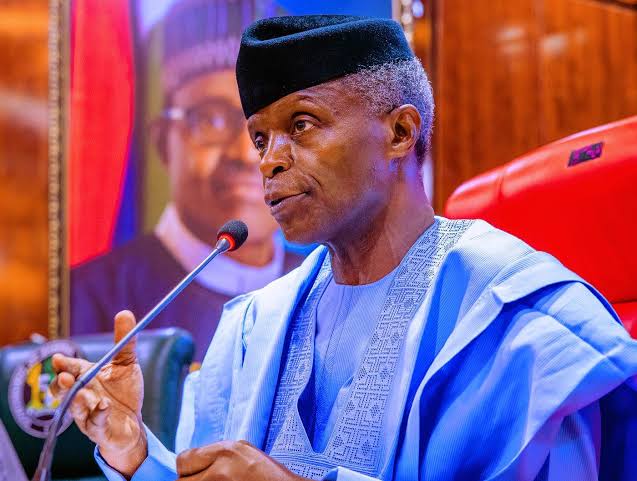Oluwakemi Olaniyan is the founder of Nutraboom. She has an educational background in nutrition and dietetics, and work experience in the food industry, providing value in food preparation and formulation for babies and young children.
In this interview with MSME Africa, she explained the reason for her business while also making a case for equality and more opportunities for women.
Can we meet you?
My name is Oluwakemi Olaniyan, and I’m a pediatric nutritionist and founder of Nutraboom Nutrition. In the last seven years, I have immersed myself in professional business, community development, and social change around nutrition, education, and poverty alleviation. I have an educational background in nutrition and dietetics and work experience in the food industry, providing value in food preparation and formulation for babies and young children.
What inspired your entrepreneurship journey?
It started after I stopped exclusively breastfeeding my baby. I was looking for a natural instant cereal for her but wanted something different. I wanted cereals that contain poultry foods like eggs, fish, chicken, pumpkin, avocado, carrots, and green peas. Furthermore, cereals must remain natural and affordable.
After doing some research, I came up with the desired cereal and fed my baby with it. The other mothers around me kept asking what I fed my baby. I gave them samples for free, after which they began to ask me to produce more. That was how Nutraboom Nutrition began.
Nutraboom hopes to always make available, babies and children’s cereals with fortifications of vegetables and proteins that not only ensure growth but are also preferred by babies who are selective eaters.
We wanted to be the only unique provider of high-quality cereals, specially made with a prior understanding of the dietary needs of babies and growing children.
Kindly share a high moment for you as an entrepreneur
My high moment was the day I won my first business pitch competition. I not only achieved the best pitch but also won a pro bono branding and marketing prize worth USD 5,000. One of the panel judges was impressed by my business, Innovation.
How have you been coping with the challenges of being a female entrepreneur in your space?
Majorly, I face a challenge of funding. Also, as a woman entrepreneur, I constantly work at balancing family life with business.
The focus of this year’s International Women’s Day is to get the world talking about ‘Why equal opportunities aren’t enough.” What do you have to contribute to this?
Clearly, there is an increasing number of women in big organizations. This ongoing trend was never the case at any time in history. But when compared to men, women still occupy leadership positions in less than 10 percent of the big, global organizations.
There is a huge gap in the pay given to men compared to women. So inequality persists. The general opinion that men are more credible worsens the argument against inequality.
Equal opportunities are not enough because women still face many challenges in business, such as being underrepresented in the major science, technology, engineering, and mathematics fields.
Women also keep facing bias in the workplace and are often less successful at negotiating pay raises.
I think that as more women get to be entrepreneurs and make efforts to get a strong business degree, the world can quickly move further away from just “equal opportunities.”
What do you hope to see improve in the MSME ecosystem in the next 5 years in Nigeria?
In the next five years, I hope to see improvements in the following areas:
- Networking;
- Opportunities for business funding;
- Free online coaching & mentoring;
- Transport costs reimbursement;
- Global partnerships for small businesses to sell ideas, products, and services.
Your final words to everyone reading this and hoping to start something like this
Whatever innovation you have in mind, never wait for the “right time” to start. The opportunity to start might not show up unless you start small and grow with it.










